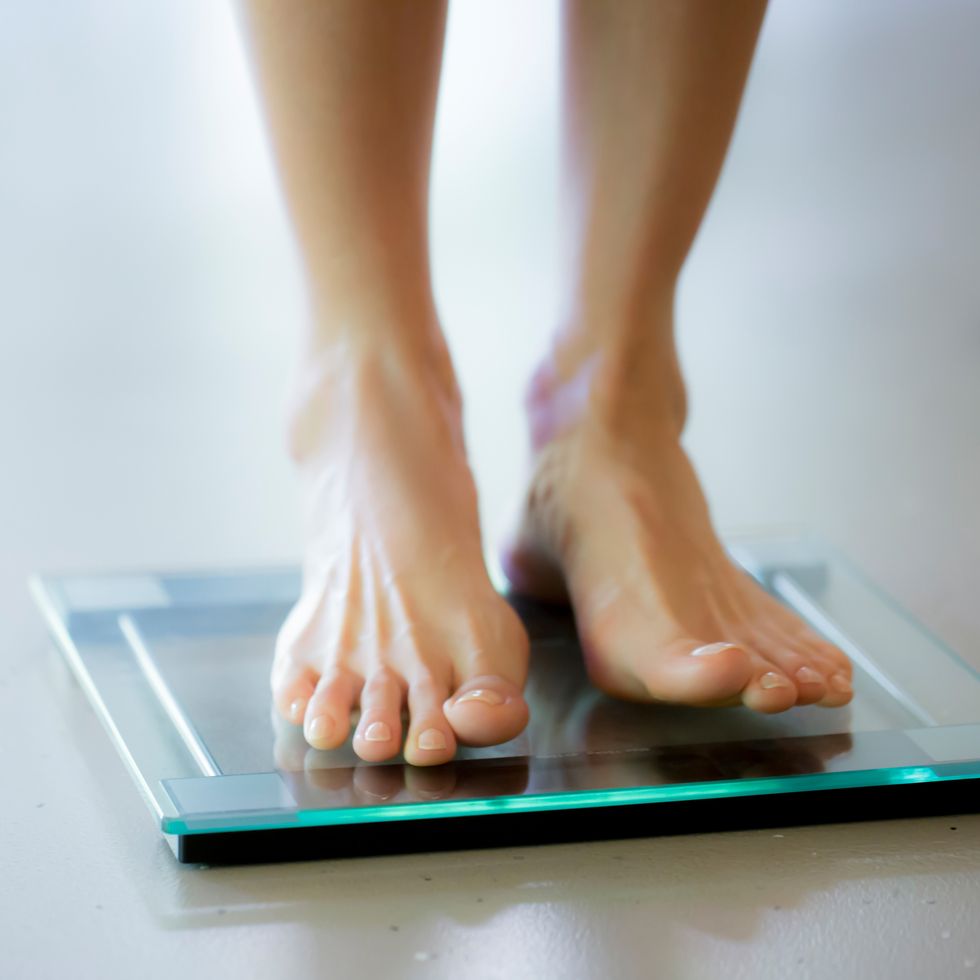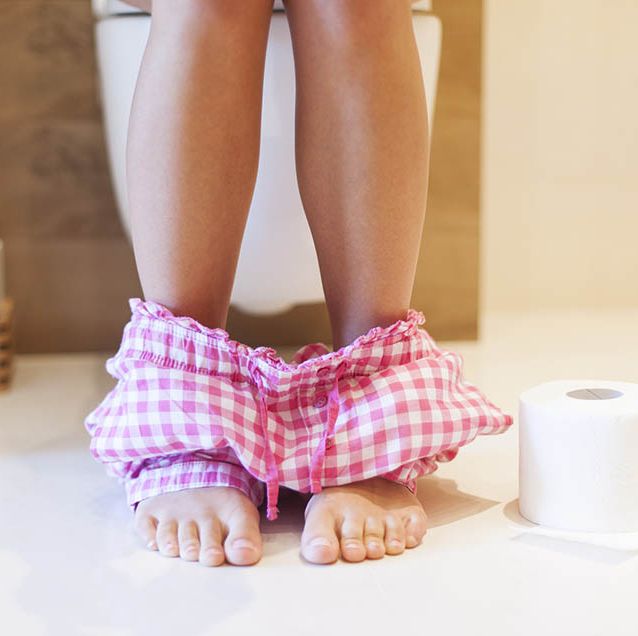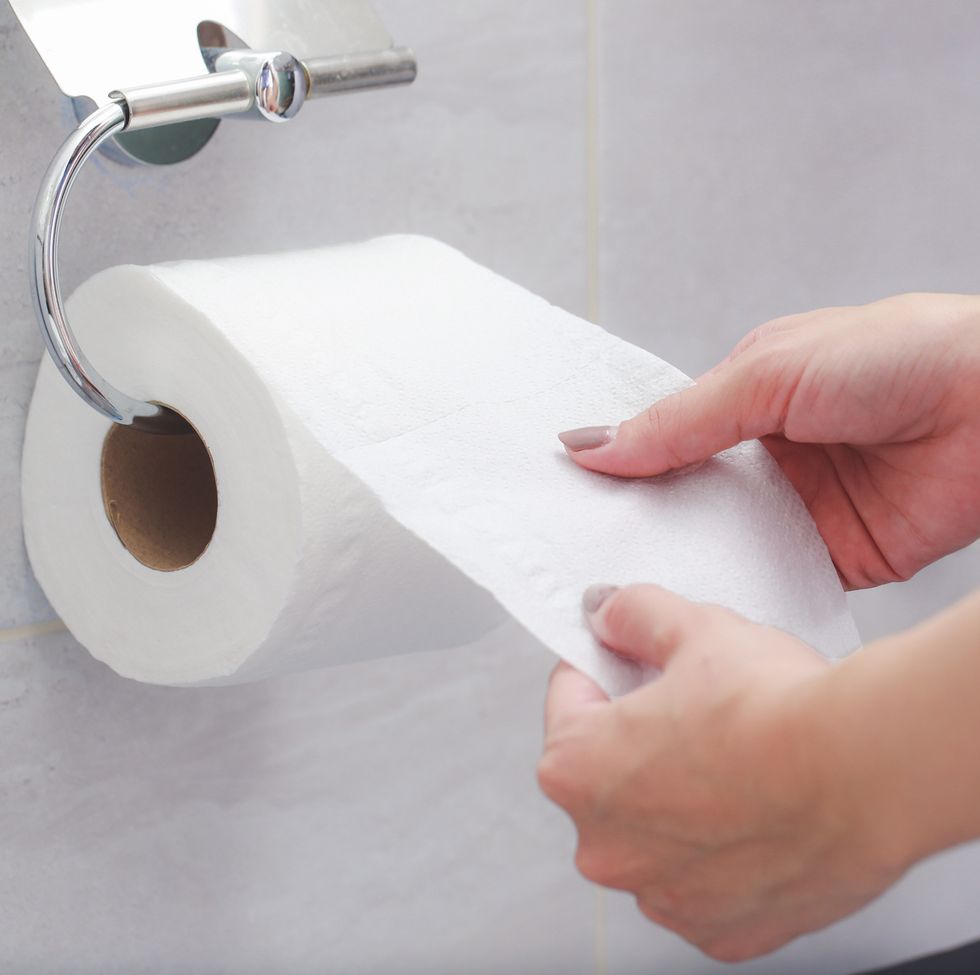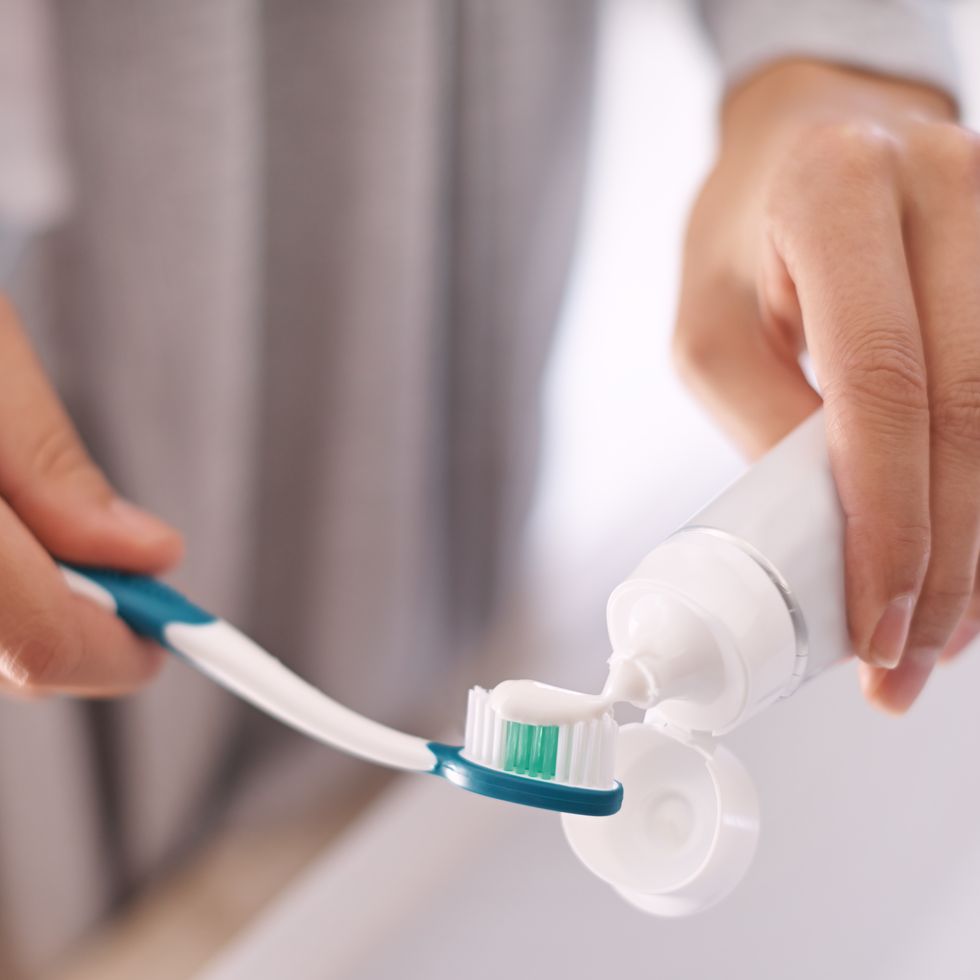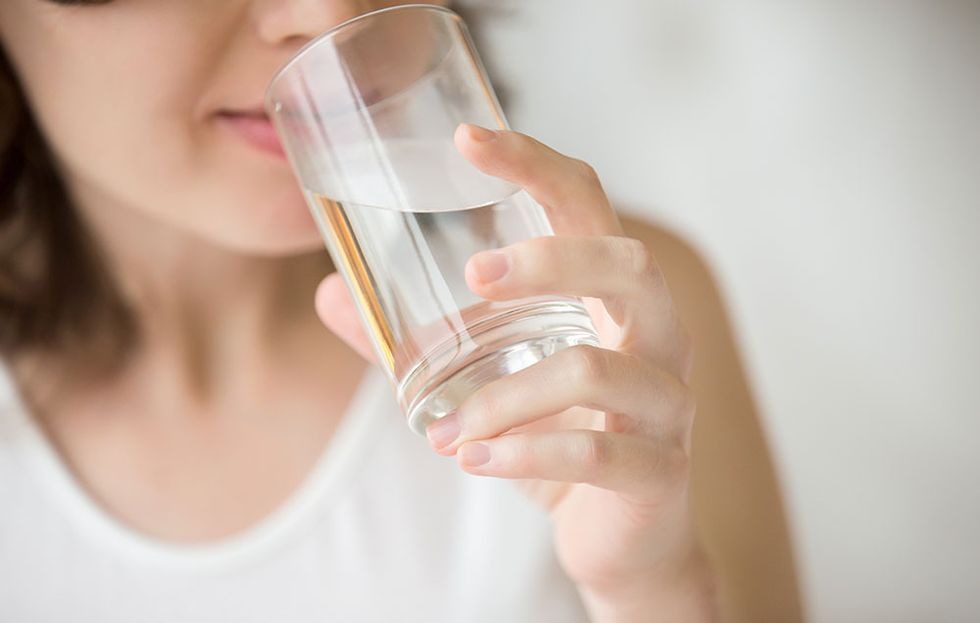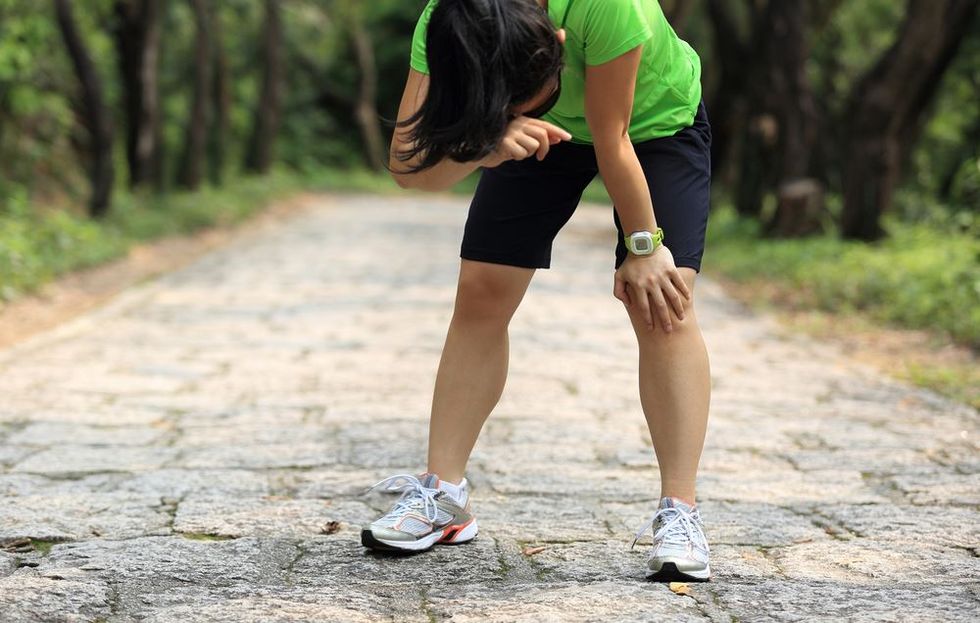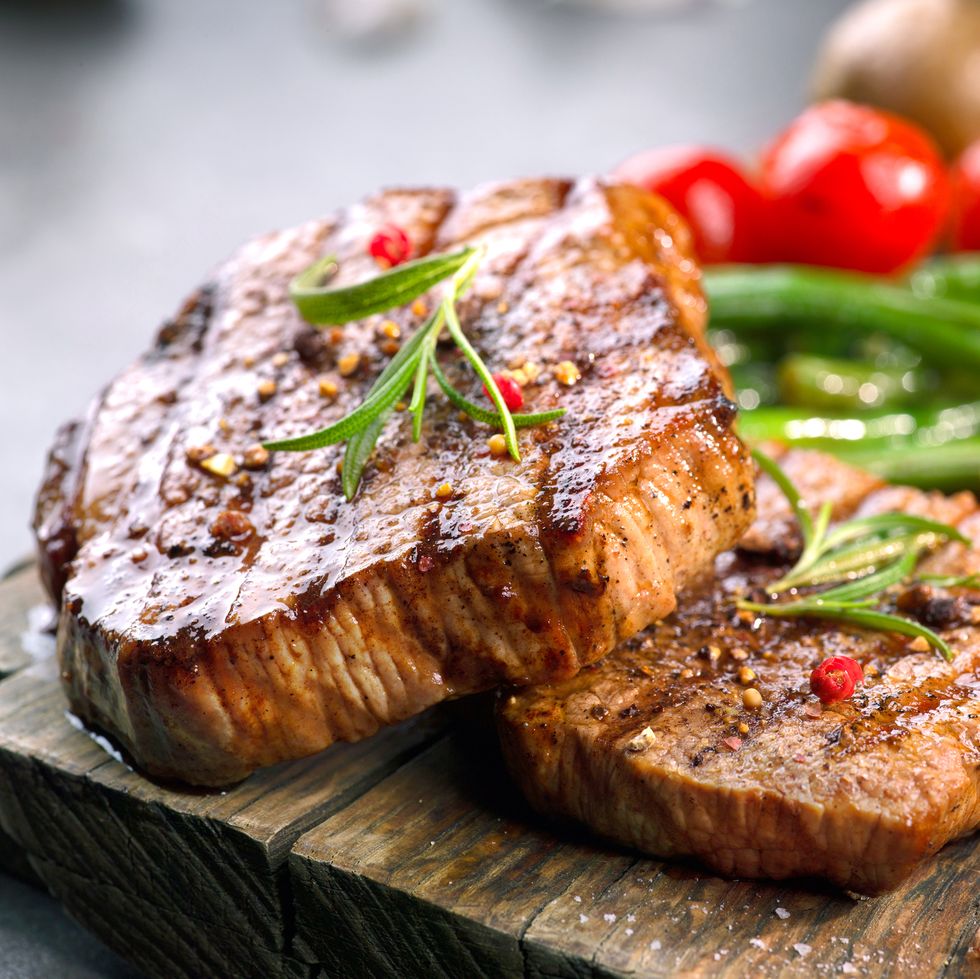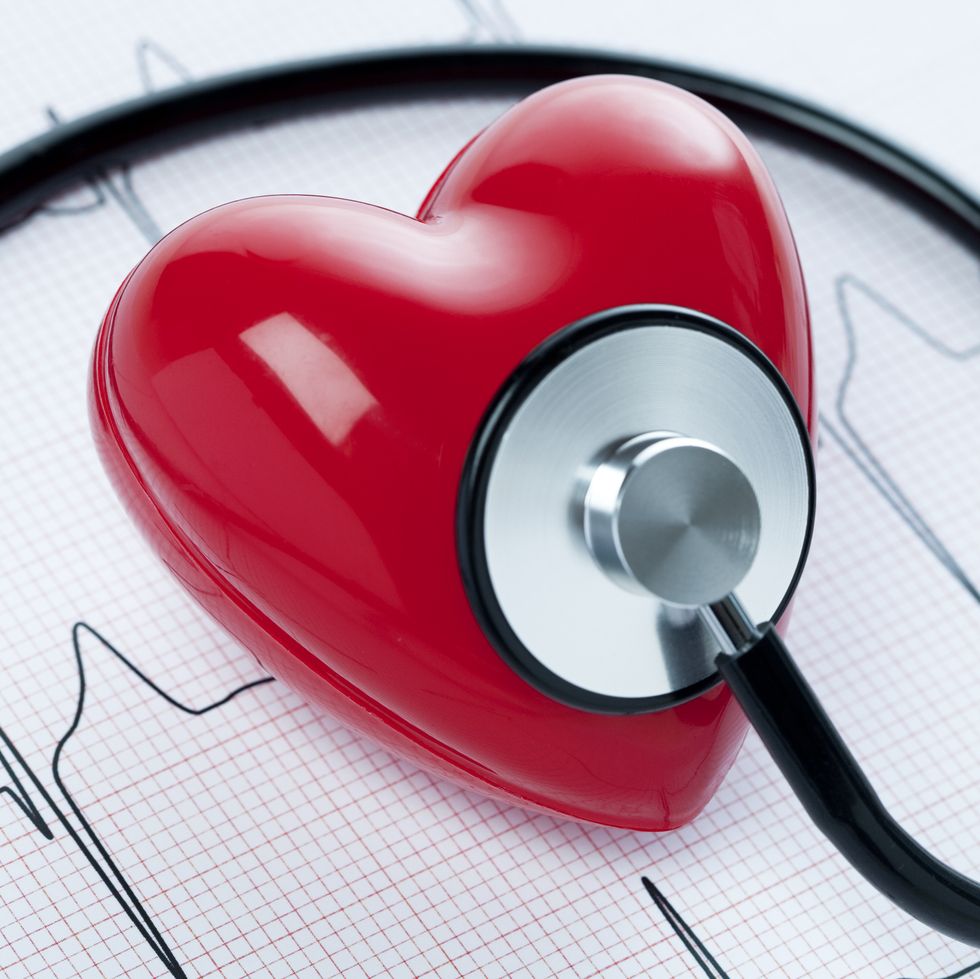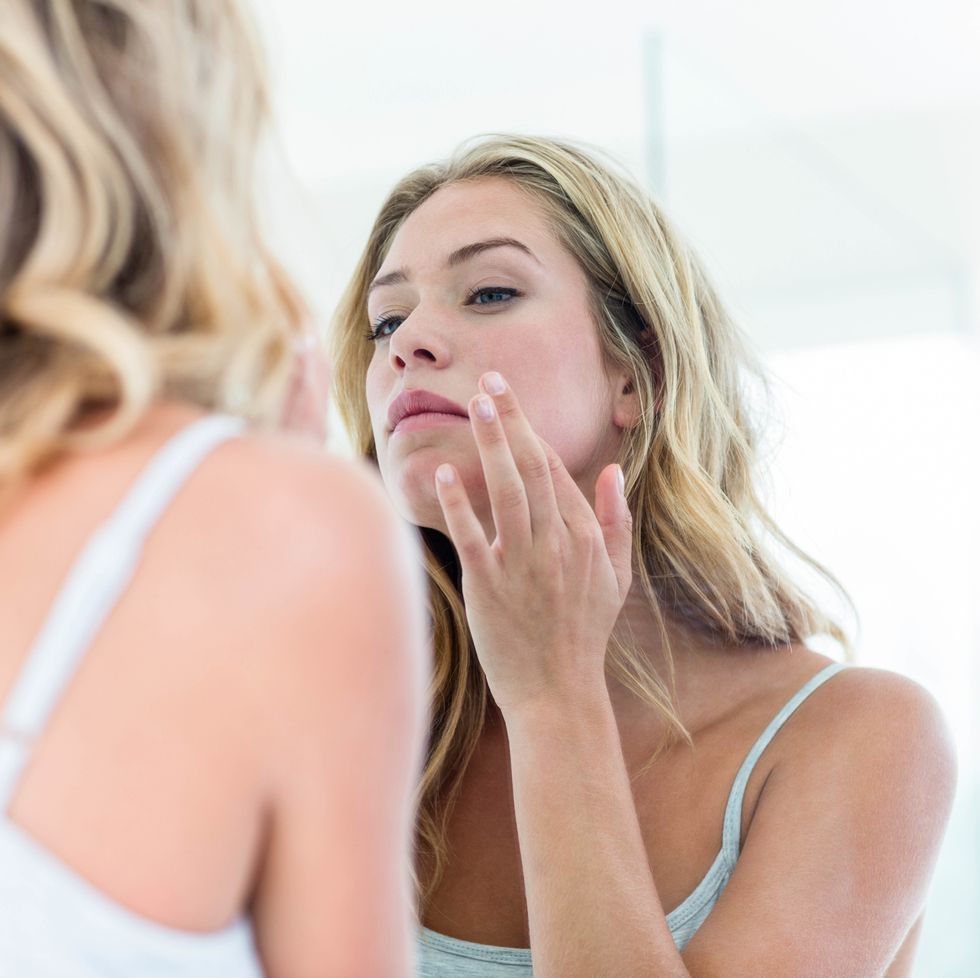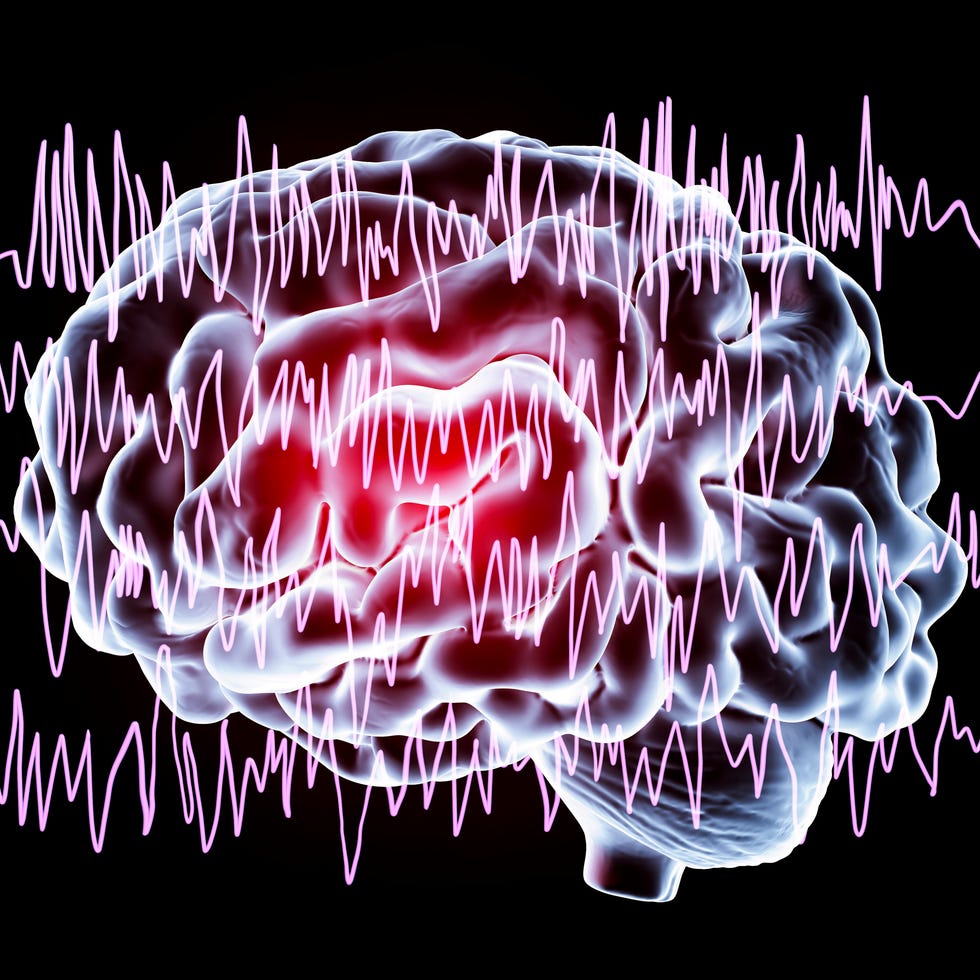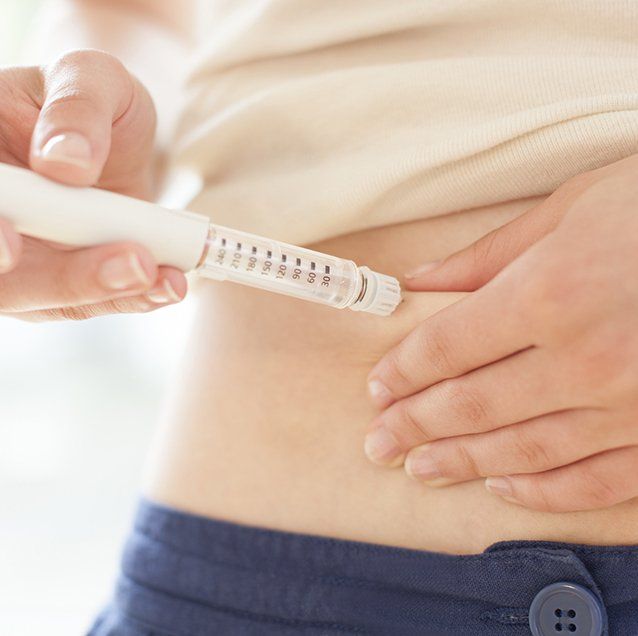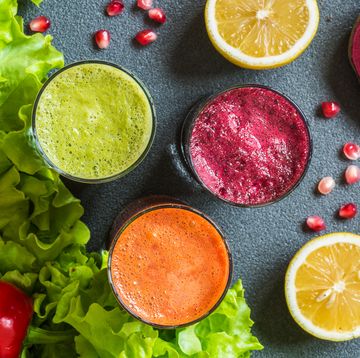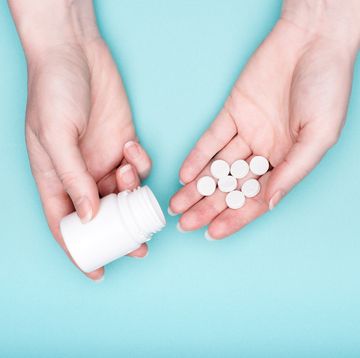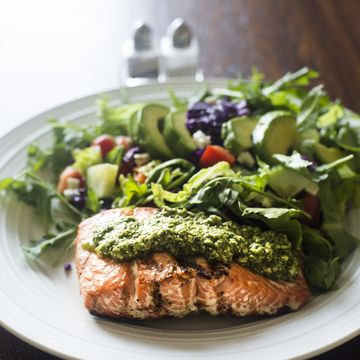Side Effects of the Keto Diet, According to Experts
From moodiness to brain fog, experts explain what you can expect when you go keto.

We may earn commission from links on this page, but we only recommend products we back. Why Trust Us?
The keto diet has become one of the most popular nutrition fads in recent years, with celebrities from Katie Couric to the Kardashians extolling its benefits. But, of course, nothing is perfect and there are keto side effects to be aware of if you’re considering the diet.
In a typical keto diet plan, fat provides as much as 80% of your daily calories, while a mere 5% comes from carbohydrates, explains Jessica Cording, R.D., author of The Little Book of Game-Changers. (Worth noting: That’s 40-60% fewer carbs than the usual recommended dietary amount.) So, if you eat 2,000 calories a day, that means that only 100 of them are coming from carbs—including healthy carbs like fruits and vegetables.
Meet the Experts: Jessica Cording, R.D., author of The Little Book of Game-Changers; Ginger Hultin, M.S., R.D.N., Seattle-based nutritionist and spokesperson for the Academy of Nutrition and Dietetics; Laura Iu, R.D., registered dietitian and nutrition therapist certified intuitive eating counselor based in New York City; Scott Keatley, R.D., co-owner of Keatley Medical Nutrition Therapy; Becky Kerkenbush, R.D., a clinical dietitian at Watertown Regional Medical Center; Kristen Mancinelli, M.S., R.D.N., author of The Ketogenic Diet; Jackie Newgent, R.D.N., C.D.N., nutritionist, chef, and author of The Plant-Based Diabetes Cookbook; David Nico, Ph.D., author of Diet Diagnosis; Melissa Prest, D.C.N., R.D.N., national media spokesperson for the Academy of Nutrition and Dietetics and member of the Prevention Medical Review Board.
The main goal of the keto diet is to put you into a state called ketosis, where your body burns fat for energy instead of the usual carbs, Cording explains. But this can lead to some serious side effects. Keto side effects can vary for everyone—if you have them at all, says Scott Keatley, R.D., co-owner of Keatley Medical Nutrition Therapy. Typically, though, you’ll have side effects in the beginning of the diet as your body gets used to the new eating plan.
This diet isn’t for everyone and some people feel that the potential side effects just aren’t worth it. So, what are they and why do they happen? Here’s what you need to know.

Madeleine, Prevention’s assistant editor, has a history with health writing from her experience as an editorial assistant at WebMD, and from her personal research at university. She graduated from the University of Michigan with a degree in biopsychology, cognition, and neuroscience—and she helps strategize for success across Prevention’s social media platforms.
Rachel Lustgarten (she/her), M.S., R.D., C.D.N., is a registered dietitian in clinical practice in New York City. Her primary area of focus is medical nutrition therapy and weight control. Rachel’s passion is sharing her knowledge and expertise of food and nutrition’s role in overall health and wellness. She co-hosts the weekly “Primary Care Medicine” show on SiriusXM Doctor Radio, interviewing expert guests and fielding listener calls and questions about hot topics in health and nutrition. She served as a clinical dietitian at the Comprehensive Weight Control Center at Weill Cornell Medicine and served as an Advisor to the Weill Cornell’s Women’s Nutrition Connection monthly newsletter for 10 years. Rachel received a Master’s degree in Clinical Nutrition from New York University, graduating with honors.
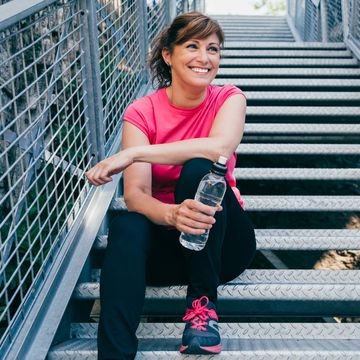
13 Best Ways to Lose Weight Over 40
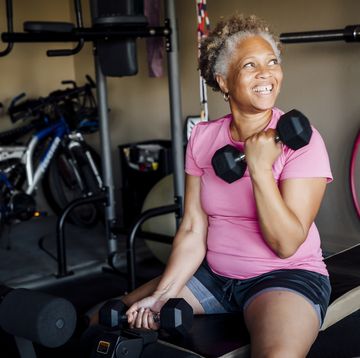
Weight Training for Weight Loss, Explained

How Your Cortisol Levels Can Impact Weight Gain

Can Saunas Help With Weight Loss? Experts Explain.



